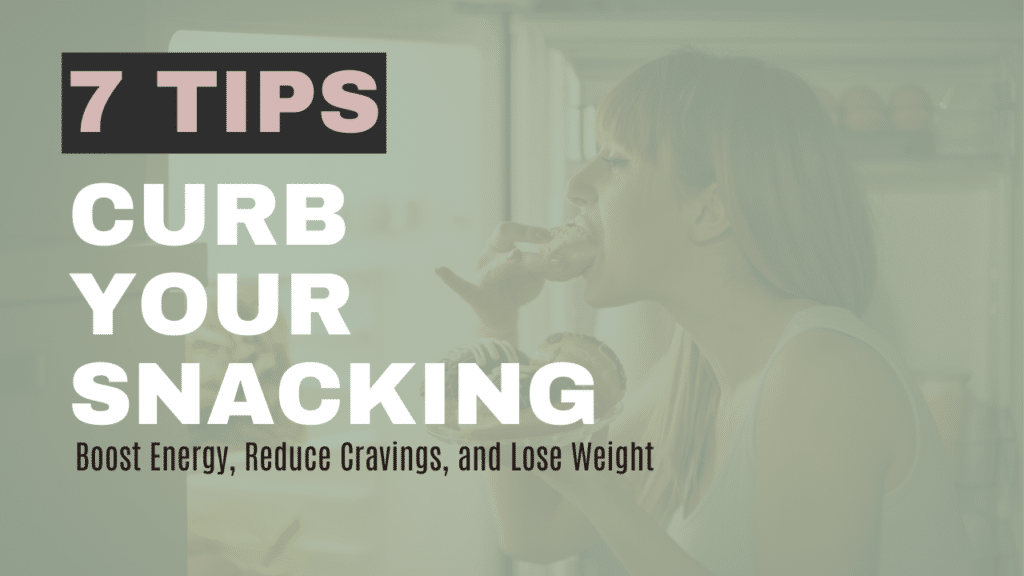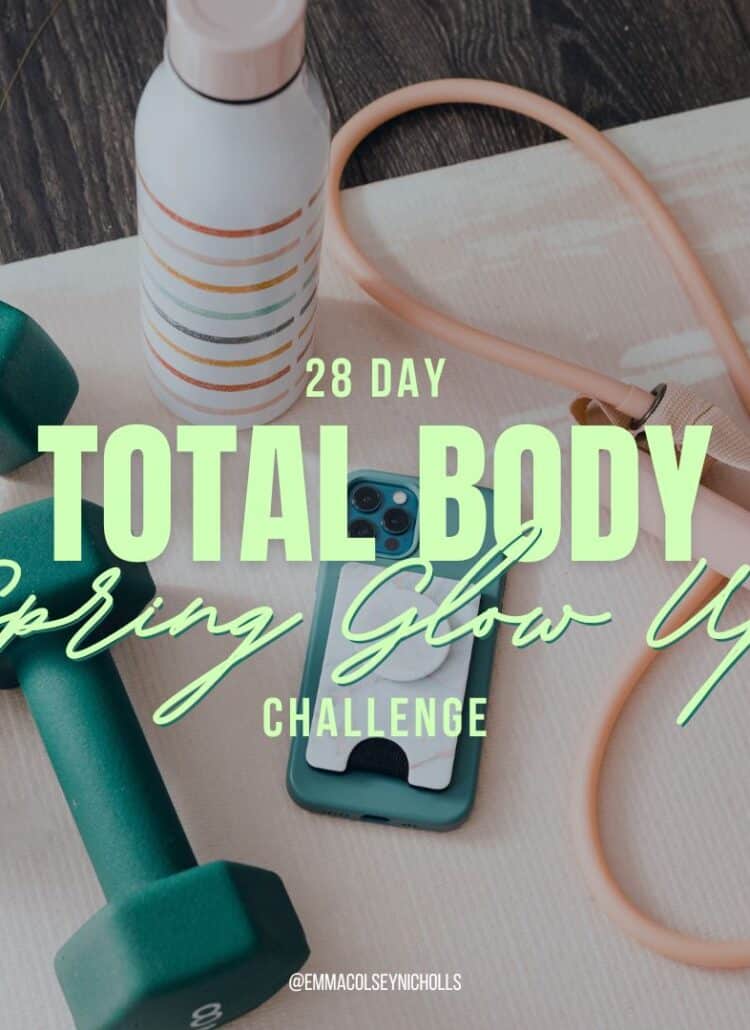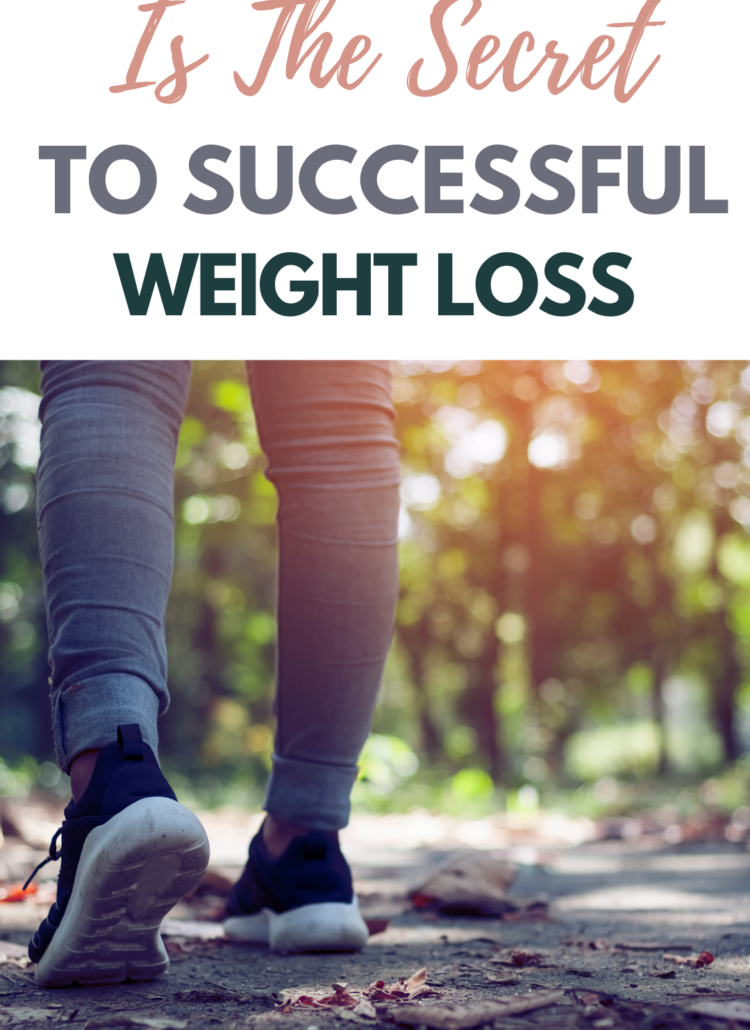
Discover effective strategies to curb your snacking habits and regain control over your cravings. Learn how to stop snacking with tips for healthier, more mindful eating.
A lot of our food choices come down to what we have around us. Never had we had more choice and availability for food than we do today.
Yet the reality is more availability leads to constant snacking and equally never-ending feelings of hunger for many people.
Mindless snacking, high calorie snack foods can not only lead to weight gain, but also longer term health issues.
If we have more food than we have ever had, why do we feel so hungry all of the time?.
We do not need to be eating all of the time, yet we seem to be so disassociated with our real hunger cues, and I believe that snacking along with the quality of the food that we are eating, has a huge part to play in decreasing health and expanding waistlines in the Western world.
A recent study showed that 1 in 4 people who eat healthy meals, can often go and blow it all on snacks. I know that has been me in the past too, I’m a girl who loves a snack. But diet culture has got us low calorie and low quality meals and making us always feel hungry. Snacking has become a crutch you rely on to help you get through the day.
So could you too be destroying your healthy eating efforts by blowing it all on snacks?
Ditching The Snacking
Mastering the art of control over your snacking habit is a key player that will help you to manage hunger levels, improve blood sugar balance, better health, reduce mindless eating and better manage your waistline, without having to spend all of your time tracking calories.
The good news is that there are lots of really simple strategies that you can implement to help you combat that snack trigger using practical tips and helping you to make healthier choices.
Reducing snacking, coupled with the recommendation from my previous article on reducing processed foods and you will be onto a winning formula.
Convenience Is The Killer
Our food choices are most easily influenced by what we have around us.
This is especially true when it comes to snacking.
If you have cookies, biscuits, a bag of chips or chocolates around you, chances are, you will be more likely to eat them. Humans are pretty rubbish at relying on willpower, I know I am! If there are high sugar or deliciously salty foods around me, chances are I am going to eat those, even if my body really doesn’t need those extra calories.
Contrary to that, if you have healthy snacks prepared and readily available then you have a higher chance of making the choice for a healthier option.
As this week I have set my clients a little challenge. We have been working on the intention of building a mindful awareness around our snacking habits and being able to take out, or at least significantly reduce snacking. Or if the hunger is really there, then choose whole food, more balanced snacks instead of processed ones.
As I have been joining in with them, I wanted to make sure I had less snacks in the house. I have also been encouraging the kids to turn to fruit more often too (they do eat way too much junk).
This is something that is called the nudge theory. Rather than saying they can’t have something, I have just made it less available and told them that there is fruit available if they do want a snack.
So the best tips and simple changes to help you manage your snacking habit are:
1. Make healthy choices more convenient
If you are going to snack opt for fruits, nuts or any whole foods for a healthier type of snack. Have some veggies chopped up ready in the fridge with some hummus. It’s much harder to overeat on natural whole foods and you will find it much easier to stop when your hunger cues tell you that you have actually had enough.
2. Make junk food less convenient
If you had to get up off the couch in the evening and go to the shop to get an ice cream because you don’t have it in the house, chances are you wouldn’t bother going because it’s just inconvenient. Junk food is empty calories and doesn’t give your body what it really needs nutritionally and so you just feel hungrier after. Make those tempting foods less convenient. It’s not about never having them, just having them less often will help you reach your health goals.
3. Fill up at your main meals
Ask yourself if you are eating enough at your main meals to meet your body’s nutritional needs. If you eat a meal that is filled with whole foods, has adequate amounts of protein, fats and carbs — then you shouldn’t need to eat in between meals when you have a proper meal. Most people who go on a diet fall into the trap of reducing main meals so much that it’s no wonder that they feel constantly hungry. Or they are eating meals that are too carb-focused that they burn through that fuel to result in low blood sugar crash and do need to eat more leading to snacking. Eating enough and a well-balanced meal at your main meals is key to balancing your blood sugar throughout the day.
4. Drink enough water
If you feel the need to go for a snack then drink plenty of water first. You could even opt for a hot cup of tea, coffee (though not too many of those lol) or a herbal tea instead.
5. Mindful Eating
Having the ability to slow down and be more mindful when you reach for the kitchen cupboards or the office workers vending machine. Check in with yourself, consider if you are really hungry or are you reaching for food to cover your emotional needs or after a stressful day. This is where keeping a food journal can be helpful to get a clearer idea of your normal eating habits. We often eat more than we actually realise when we are being mindless. Mindfulness is the art of slowing down and just noticing.
6. Sleep Deprivation
Ever done some serious snacking after a rubbish nights sleep? That’s because lack of sleep can influence hormonal fluctuations and actually increase hunger levels. Get a good nights sleep, not only will good quality sleep give you an energy boost, but it will make you far less reliant on snack time.
7. Close The Kitchen After Dinner
Late night snacking on the couch with Netflix is a common go-to. Get into the habit of closing the kitchen after your evening meal, making it the last thing you eat. Have dessert after your main meal if you want something sweet, but once you have cleared up, eating is done. Since we moved to France we got into the habit of eating a little later, I think it’s certainly a European thing. But eating later also stops the need to snack after dinner. Making your dinner the last food you eat will allow your digestive system the ability to rest overnight until your break your fast in the morning.
Take a moment to consider what your current snacking habits are. Could it be the sneaky culprit that is preventing you from reaching your health goal? I know when I am really honest with myself, snacks begin to feature all too often. This week I worked on changing this one habit, by implementing the above steps (though sleep is always a work in progress at the moment with a snoring husband) and I released 2lb without having to track anything or being completely perfect.
My mid afternoon is still present as we don’t tend to eat dinner until later in the evening, but I have been switching it to a snack of whole foods. So usually an apple and a small handful of nuts with a hot cup of tea rather than a handful of crisps (which never actually fill you up anyway) or a biscuit or two.
Are processed snacks too convenient in your house??
When do you usually snack? What are you usually snacking on?
Could you set yourself the challenge to reduce your snacking habit over the next few weeks to see what impact it has on your body?
Remember, it’s not about never having them ever again, but to enjoy them guilt-free as a treat, rather than every day or even multiple times a day.





Leave a Reply